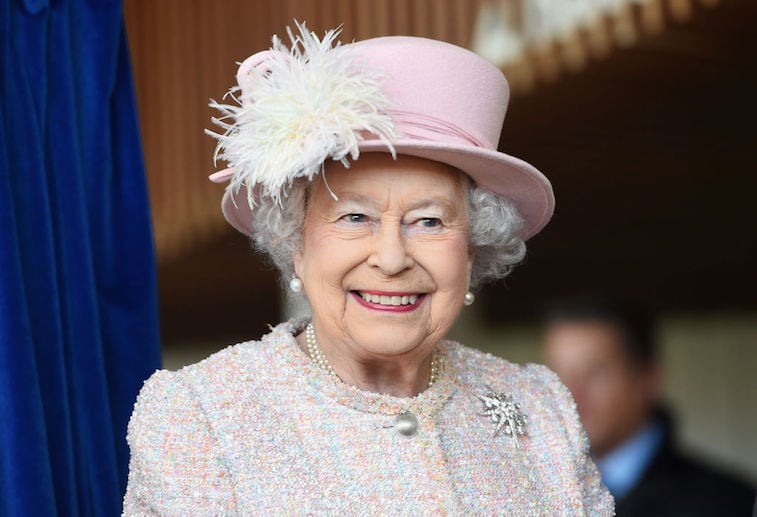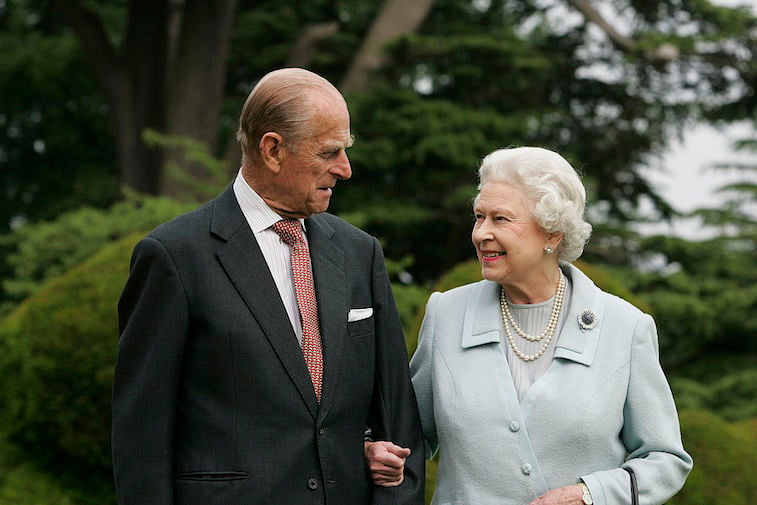How Does Retirement Work in the Royal Family?
The royal family is not your average family. They don’t work nine-to-five office jobs Monday through Friday the way the rest of us do. And while people in the Unites States tend to retire in their mid 60s, some royals don’t even start to rule until they’re older than that. So how does retirement work in the royal family?

Prince Philip announced his ‘retirement’ in 2017
It’s not very often we hear about royal family members retiring. But in 2017, Prince Philip decided he’d had enough of the public at the ripe age of 96. The prince retired, which didn’t affect much of anything, because was never the ruler to begin with (Queen Elizabeth is the sole Sovereign ruler.) Since Philip married the queen back in 1947, he completed more than 22,000 royal engagements over the decades. According to CNN, Philip made more than 600 solo trips around the world and gave nearly 5,500 speeches. But with that said, he only retired when he felt it was absolutely necessary, and that’s essentially how it works in the royal family.
Queen Elizabeth is 93 and shows no signs of slowing down
Queen Elizabeth will turn 93 years old on April 21, and she shows no signs of abdicating the throne. The queen has ruled since 1952, making her the longest-ruling monarch in British history. To this day, the queen even still drives herself around. But longevity runs deep in the royal family; Elizabeth’s mother lived to be 101. Right now, she’s a healthy 93, and Prince Philip is 97, which means the future rulers may live even longer.
Royals don’t necessarily ‘retire’ — especially not if they’re king or queen
Kings and queens don’t retire at 65 like the rest of us; the Sovereign ruler is expected to rule for as long as he or she can. Queen Elizabeth has expressed interest in passing the throne down to Prince Charles, but since she appears to be in such good health, it’s unlikely that will happen any time soon. Plus, Elizabeth seems to greatly enjoy being the Queen — who would want to give that up? Elizabeth still makes appearances, but when it comes the nitty gritty of keeping the royals running, there are plenty of staff members to help so that the queen doesn’t become stressed.

Queen Elizabeth will likely rule until she either passes away or becomes incapacitated
Centuries ago, rulers around the world often died young, and it was typically because they became sick with a bad virus or infection. But today, with medication being so up to date, rulers are living longer and longer. In the queen’s case, she likely won’t retire until she absolutely has to. Either that, or she will abdicate the throne when she becomes incapacitated.
There is also the option for the queen to step away from her royal duties without actually abdicating the throne. The queen wouldn’t retire, but she could have a regent step in to help in place of her for royal engagements. But that likely wouldn’t happen unless health issue arose and it was advised that she not continue the steady stream of public appearances. For now, though, the queen is in good health, and royal retirement doesn’t seem to be in the cards.
Check out The Cheat Sheet on Facebook!



